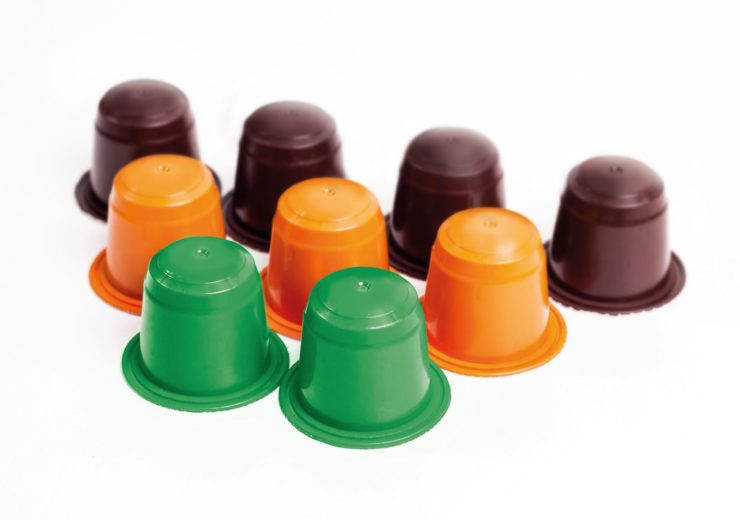The new organic pigments are for the biodegradable polymers which meet the European Norm 13432 requirements for packaging

Image: Clariant’s new organic pigments for biodegradable plastics. Photo: courtesy of Clariant.
Swiss speciality chemicals company Clariant has launched a range of 25 organic pigments for biodegradable plastics for brand owners and manufacturers of packaging and consumer goods.
Intended to offer more colour options and the boost the appeal of organically recyclable packaging, the new organic pigments are for polymers which comply with the European Norm 13432 requirements for packaging recoverable through industrial composting and biodegradation.
Clariant BU pigments plastics global marketing manager Barbara Philipp said: “Compostable and colourful can now go hand-in-hand for packaging, meaning manufacturers and consumers won’t have to lower their design expectations for sustainable solutions.
“By working closely with masterbatch producers like AF-COLOR to help them get the most out of our EN 13432 compatible pigments, we can contribute to increasing the appeal of biodegradable and industrial compostable solutions for food and beverage packaging and consumer goods, as innovation continues to improve their properties and new functionalities are introduced.”
Clariant said that its pigments for the colouration of compostable polymers do not affect the degradability of the polymer, and are ideal for a wide variety of packaging, textile and consumer goods applications.
AF-COLOR implements bio masterbatches based on Clariant’s new pigments range
Based on the new Clariant pigments range, biodegradable masterbatches producer AF-COLOR and its sister company BIO-FED have implemented bio masterbatches under the brand AF-Eco.
AF-COLOR sales director Dirk Schöning said: “Color plays a decisive role when it comes to certain applications where biodegradable plastics are a viable choice, such as for biodegradeable shopping or waste bags, single-use cutlery or coffee capsules.
“We are excited to challenge perceptions with a palette of bio masterbatches covering the full spectrum and providing high fastness, so colour is not an issue.”
In August 2019, Clariant has developed CESA-IR additive masterbatches to make dark-coloured plastics visible to the near-infrared (NIR) sensors that are used in automated polymer sorting systems.
Even though several companies use black packaging to brand their products, problems posed by the packaging in recycling systems has prompted calls for the phasing out of black from the palette.
The new masterbatches are intended to help resolve the issue and allow increased recycling rates in Europe and elsewhere.
